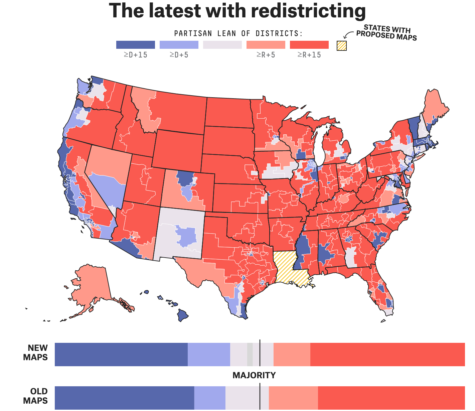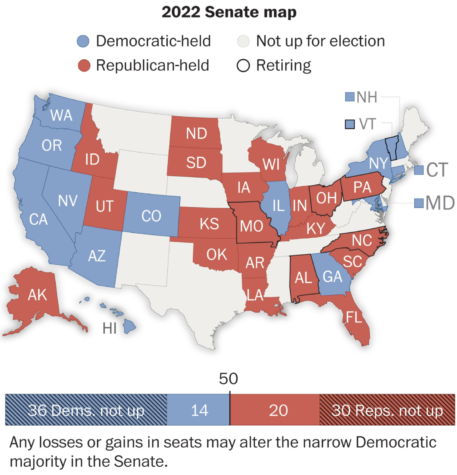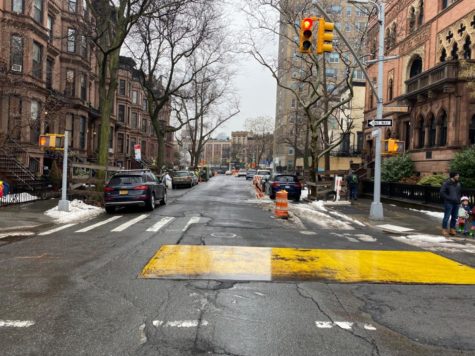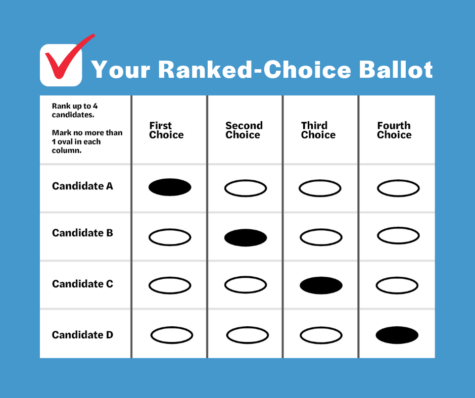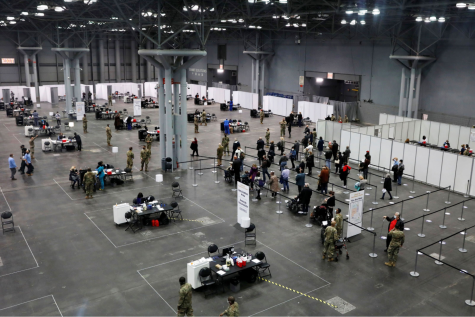What Does College Admissions Look Like in a Pandemic?
Courtesy of OnToCollege
Ah, the college process. It’s the capstone to four years of a Berkeley Carroll education. The ultimate goal. It’s also an agent of Beelzebub sent to Earth to inflict undue amounts of pain on unsuspecting teenagers, and I’m not being hyperbolic.
The college process is terrible. There’s no sugar-coating it. But it’s also unavoidable and inevitable. In fact, students spend their first three years of high school preparing for the process itself. We plan standardized tests, we focus on grades, we build our extracurricular portfolios. At the end of the day though, it’s a very uncertain process. And for the class of 2021, COVID-19 has thrown a wrench into the fire.
As a member of the class of 2021 myself, I am intimately familiar with the difficulties and intricacies of applying to college this year. It’s been undeniably stressful. The classic paradigm composed of SATs, ACTs, extracurriculars, and grades has been thrown out the window, and it has been replaced with conjecture and best guesses.
Sophie G. ‘21 says that if she had to sum up her college application experience in one word, it would be “confused.” “All the schools are really trying their best, and some definitely come off clearer, and the brand identity is clearer than others, but ultimately it’s just very difficult to get a sense of a school’s identity and culture over a screen,” she says. “I’m trying to make choices for a future that is unknown to me.”
Despite the difficulty of virtual college tours and information sessions, Ms. Middleton, the Director of College Counseling, has noted that she’s seen many schools step up and try to offer as comprehensive an experience as possible. “Never before have I seen the types of resources available to families to be able to do virtual tours,” Ms. Middleton elaborates. Some of these new-fangled resources include: “really innovative student chats, faculty panels, interactive conversations between students and the colleges.”
According to Ms. Middleton, colleges have made concerted efforts to make their schools more accessible, even in the face of a global pandemic. In addition to the aforementioned resources that colleges and universities have constructed over the past few months, many have also loosened their testing requirements. “An overwhelming wave of colleges that have gone testing optional and have really recognized that it’s been near impossible for some students to gain access to testing,” she stated in an interview. “On FairTest.org, last year before quarantine, the number was a little over eleven hundred—the colleges that were testing optional—and now it’s over sixteen hundred and fifty.”
I can definitely testify to the difficulty in accessing testing, just as I imagine many of my fellow seniors can. Personally, the College Board—the organization which administers the SAT—canceled two of my testing dates. I ultimately took my SAT at a rural high school three hours north of NYC. Luckily, Berkeley Carroll, as a school with means, arranged for seniors to take either the SAT or the ACT at school, an opportunity not afforded to many, particularly students in large cities like New York. While this series of cancellations was undoubtedly frustrating, there was an upside. There have long been debates over the efficacy of standardized testing, which overwhelmingly benefits wealthy, white students and only loosely correlates with success at college. Standardized testing also tests a specific and limited skill set, hence disadvantaging many students with learning difficulties. For years, colleges have been slowly relaxing their requirements and emphasis on these standardized tests, and for many, COVID-19 was the impetus to take that final step.
Both Sophie G. and Ms. Middleton concurred that perhaps a silver lining is this collective departure from the SAT and ACT. “The one advantage that COVID might bring in terms of admissions is that a lot of schools went test-optional, which means a lot of kids might go test-optional, and because of that, I think colleges will have to look a lot closer at character and person and disposition,” claims Sophie. “For people like myself,” she furthers, “who are really well-versed in subjects that are not as well highlighted on standardized tests and consider themselves to be really intelligent people, especially because interpersonal intelligence is not something you can test on an ACT or SAT but is an incredibly valuable skill in the real world, it will be good for those kids to have more opportunity at schools that they really should get into.”
However, due to these less stringent requirements for standardized testing, more students have also begun to throw their hats into the ring. Take Harvard, for example. Harvard loosened their testing criteria for the class of 2021, giving many students who might not have the scores the opportunity to apply. For seniors, this means that the pool of applicants at highly competitive colleges just got even more competitive. There’s also the added question of the class of 2020’s deferrals. “A lot of kids from the class of 2020 deferred and are guaranteed spots next year, and because of that, the class of 2021 will be pushed out,” says Sophie. Overall, students who are looking to apply to highly selective colleges will be likely facing a more competitive application season than usual.
What does this mean for the class of 2022 and younger? Well, despite a promising vaccine on the horizon, it seems that college admissions will continue to be affected by this pandemic for years to come. That being said, the class of 2021 has learned a fair bit about navigating college admissions even in the most pressing of times. Sophie suggests that you “show up at events and do the interviews.” She also adds that at the end of the day, you should “consider where you’ll be happy. Really consider it. Maybe go on Instagram and find kids who go to that school and see if they’re your kind of people or not. Just focus on the happy. Make happiness the priority, not just the prestige.”


